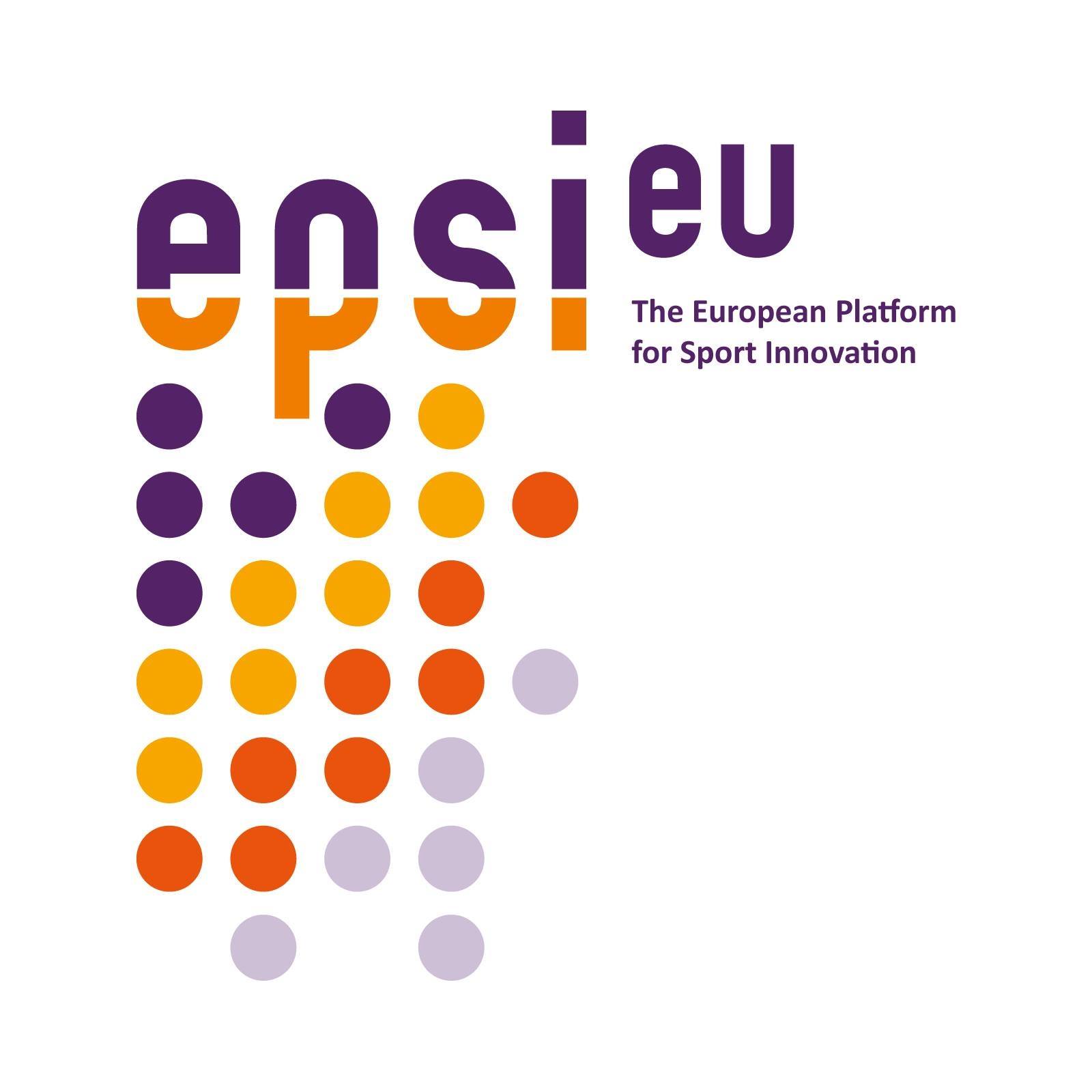Erasmus+ and COVID-19: EU Commission announces two extraordinary calls worth €200M to support EU Digital Education Readiness and creative skills.

The COVID-19 pandemic has not only limited the way people can relate to each other and perform their most basic every-day-tasks, but has also had a significant impact on the regular delivery of education, training and youth policies. At such a critical time for our societies, access to education is proving, more than ever, to be essential to ensuring a swift recovery, while promoting equal opportunities among people of all backgrounds.
In light of these exceptional circumstances, the EU Commission announces that the Erasmus+ Programme takes up the challenge to confirm its role as the main EU instrument supporting innovation in education, training, youth and sport as well as providing opportunities for personal, socio-educational and professional development of people in Europe and beyond, with the aim of leaving no-one behind.
In order to the respond to the circumstances created by the COVID-19 pandemic, in 2020 the Erasmus+ programme will exceptionally support two additional formats of Strategic Partnerships. Applicants have to submit their grant application by 29 October at 12:00 (midday Brussels time) for projects starting between 1 March and 30 June of the following year. Grants are capped at 300.000 € for projects with duration of 24 months.
Erasmus+ Call for Digital Education Readiness (in the fields of school education, vocational education and training, and higher education).
These projects aim at equipping education and training systems to face the challenges presented bythe recent sudden shift to online and distance learning, including supporting teachers to develop digital competences and safeguarding the inclusive nature of learning opportunities. The goal is to reinforce the ability of education and training institutions to provide high quality, inclusive digital education.
Erasmus+ Call for Partnerships for Creativity (in the fields of youth, school education and adult education)
The COVID-19 crisis has hit the cultural and creative sectors particularly hard. Partnerships for Creativity aim to engage organisations in the fields of formal, informal and non-formal education, together with those from the creative and cultural sectors to stimulate European awareness and empower people of current and future generations – regardless of social and cultural background – to be successful innovators in their local environment. One of the goals is also to equip young people and adults with the necessary tools and competences needed to come up with creative and innovative solutions to face unprecedented risks, and societal challenges as well as to unveil opportunities that can be sought in a critical context.
